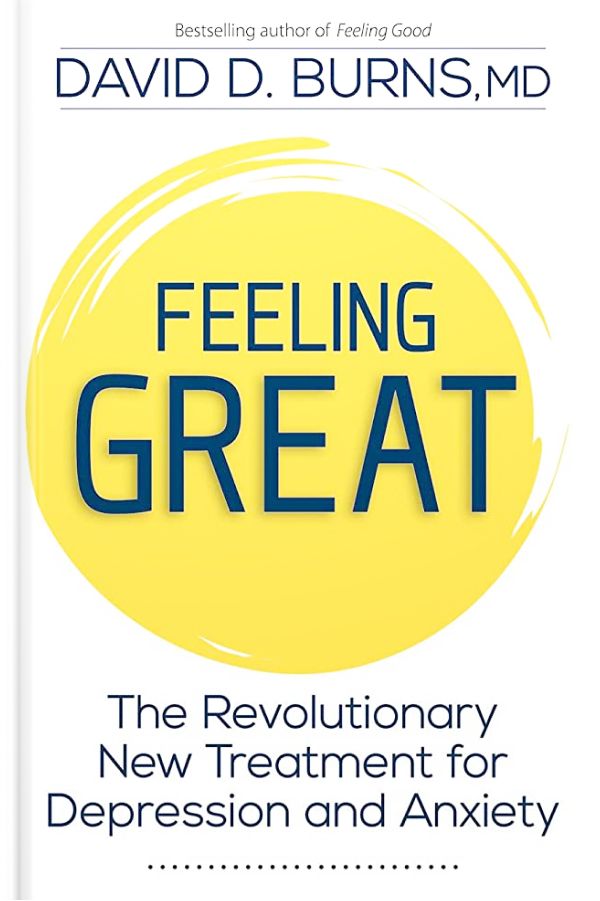
Psychology
Feeling Great by David D. Burns
1. The Positive Aspects of Negative Feelings
Burns offers an empowering perspective on negative feelings. According to him, your negative emotions say something positive about you.
They often serve a meaningful purpose and can benefit you in certain situations.
2. Negative Emotions Stem from Thoughts
He asserts that your negative emotions are the product of your thoughts rather than the circumstances of your life.
It challenges the common belief that our external circumstances are the primary source of our negative feelings.
3. The Connection between Thoughts and Feelings
Burns emphasizes that your feelings are rooted in your thoughts.
He repeats the phrase, "You feel the way you think," to underscore the connection between your emotional state and thought processes.
Rather than external circumstances, your thoughts are the proper drivers of emotions like depression and anxiety.
4. The Distortion of Negative Thoughts
Burns describes negative thoughts as nearly always distorted and twisted.
He asserts that such thoughts are untrue, likening depression and anxiety to "the world's oldest cons."
5. The Potential for Rapid Change
A key takeaway from Burns' work is the transformative power of changing your thoughts.
By altering how you think, you can swiftly change how you feel, even when faced with severe depression or anxiety.
6. The Resistance to Treatment
Burns acknowledges that individuals may resist treatment due to mixed or negative feelings about recovery. This resistance might stem from the fear of doing something they don't want to do.
7. The Consideration Before Change
Burns suggests reflecting on negative thoughts and feelings' potential benefits and drawbacks before initiating change.
This approach emphasizes understanding the implications of these thoughts and emotions and how they may reflect your core values.
8. The Reflection of Core Values
Burns posits that negative feelings and thoughts are not necessarily signs of something wrong with an individual. Instead, they can reflect on what's right with them.
This perspective views negative feelings as reflections of a person's core values, explaining why some people may resist treatment.
In essence, "Feeling Great" reframes how we view our negative emotions and thoughts.
It encourages us to see them not as problems but as mirrors reflecting our core values.
It also underlines the power of altering our thoughts to change our feelings, offering hope for rapid, significant improvement.


















